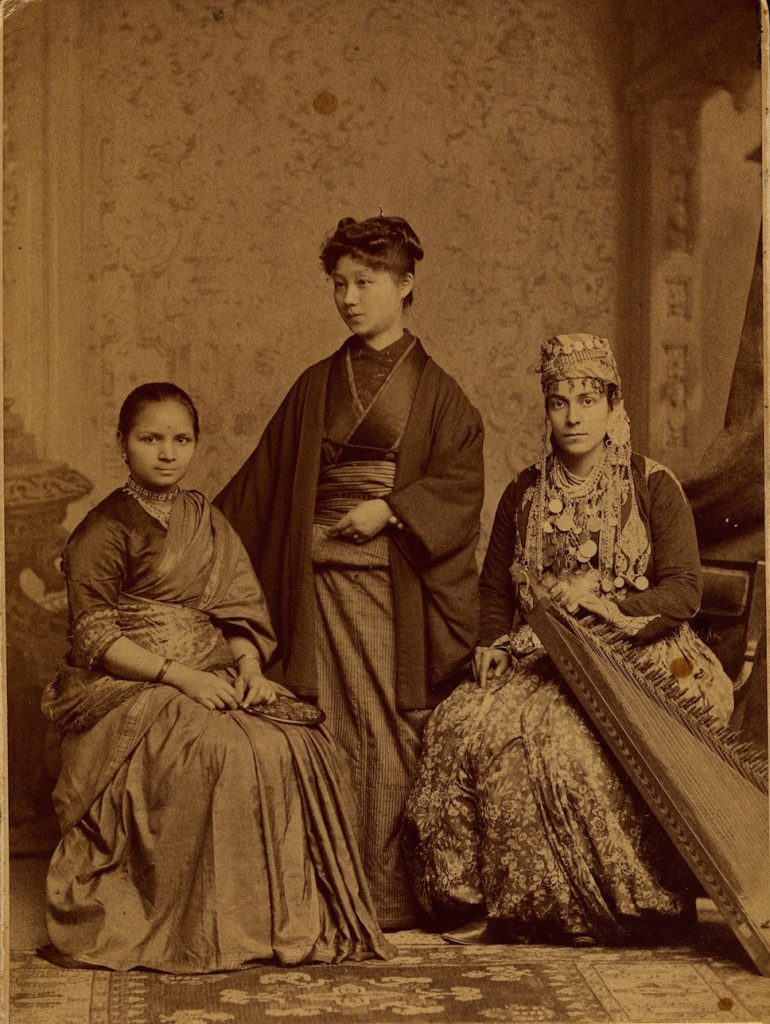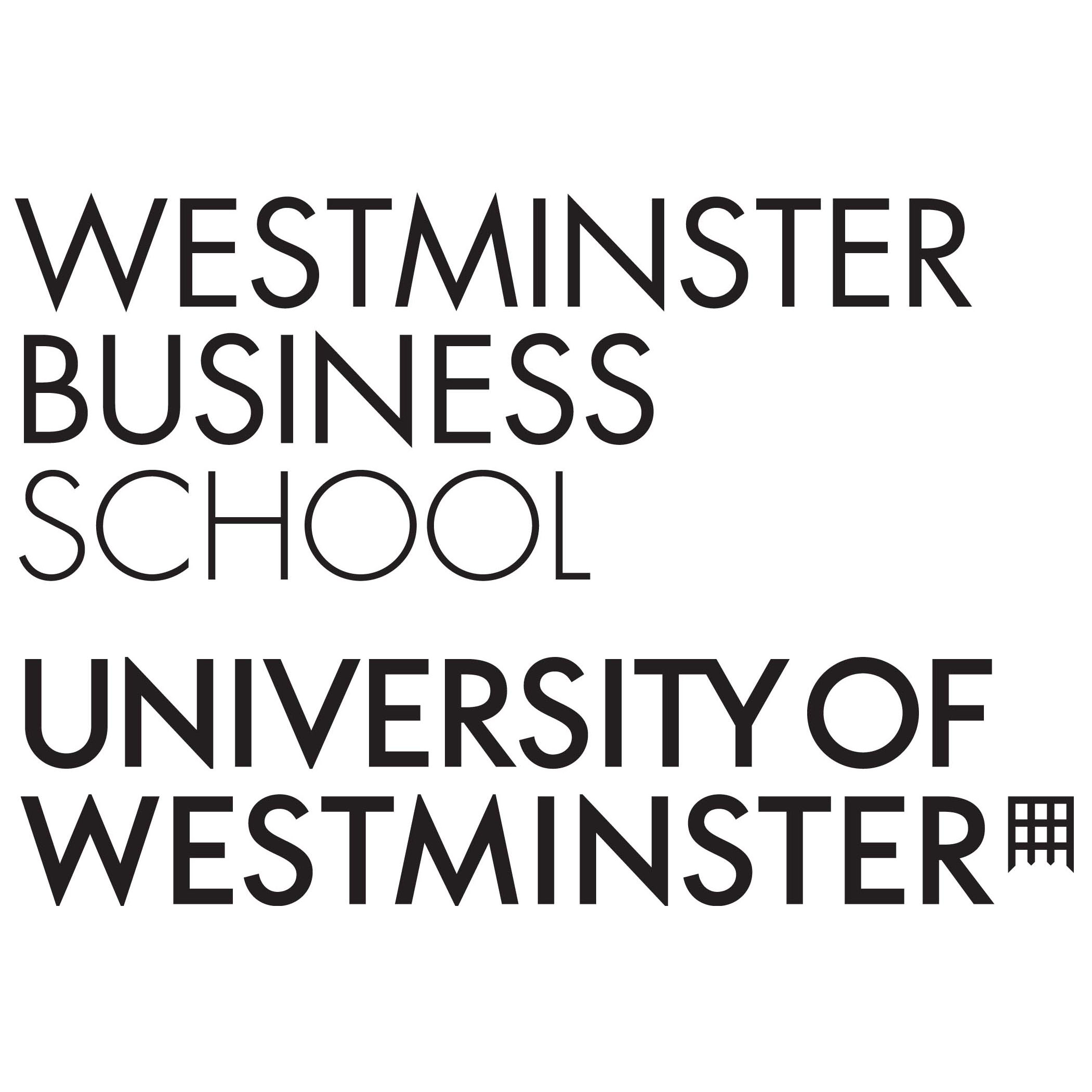Why it’s needed and why it’s needed now more than ever!
If you educate a man you educate an individual, but if you educate a woman you educate a family (nation)
The Old African proverb
How we define education
Education, as a fundamental term, can cover a very wide spectrum. We often assume that education refers to formal degree levels we achieve as we progress through our school years, but education can be anything valuable we are learning from the world around.

Education can be the conversations we have with our friends in a café or the newspaper we skim on the commute to the office. Education is the domestic skills our parents teach us when we are assigned chores or learning about far off and long forgotten wars we study in the classroom. Even an act as simple as reading the ingredients on the back of a juice carton can be educational. Simple put, virtually every piece of information we’re absorbing through our senses is a form of education.
So, what differentiates this perpetual state of becoming educated from a formal, university or tertiary education? It isn’t what we absorb but how we absorb the information provided to us. As anyone who has gone to college or university can attest to, the academics place a great emphasis on critical thinking.
Critical thinking refers not only to accessing and reading a piece of information, but it also tells you to dissect it across a wide range of factors. Who wrote this piece of information? What are their qualifications? What are the inherent biases of what they state? What is the social/political/cultural impact of this information? Who does it benefit? Who does it exclude? What are its strengths and limitations? Once we begin asking these questions, we become engaged with our world in a much more critical way. We don’t just absorb what we are taught, we learn to question it
A Historical Perspective
Therefore, when it comes to higher education for girls, why is a higher education even more important? To answer that, we should first consider the countless religious, social, political and cultural barriers which have always existed to prevent women from getting a higher education. These barriers have been a means to keep women confined to the domestic sphere, to not be active participants in the arenas of society where our laws and our social expectations are being conceived. One of the easiest ways to ensure that a human being never questions their role in society is to limit their resources for critical thinking.

By denying women a higher education, you are effectively restricting their access to the history of women’s revolutions, feminist movements, the countless examples of how change has been brought about not by submission but my challenge, rebellion and critique. This is not to disparage women who choose to happily remain in the domestic sphere and find fulfilment and contentment there. The purpose of educating women is not to denigrate those who assume more traditional roles, but to highlight that multiple paths exist for them.
For can something really be called a choice when it’s the ONLY choice you are given. If women are encouraged to pursue a higher education, they can begin to critically examine the regimented socio-cultural and religious movements which have consciously kept them confined to one acceptable sphere of womanhood. A higher education can provide women with the tools they need to reframe what they have been taught and make more conscious, self-determined choices for their lives.
Socio-Economic Well-being
From a strictly economic point of view, access to university or tertiary education can offer women financial independence by providing them with greater job opportunities. This means greater mobility throughout their careers and the ability to leverage their degrees for better pay, better positions and better treatment. The ability to get better paying jobs with a higher education can also be very beneficial as a safety net.

There have been countless studies which have shown that women are much less likely to stay in abusive partnerships or marriages if they can financially support themselves. In fact, financial dependence is often cited as a significant reason many women stay in abusive or unsafe relationships. Being able to afford their own housing, pay their own bills and control their own spending can help those seeking escape from an abusive partner to feel significantly more secure in doings so.
Additionally, a higher education can also make it easier for women to access useful resources in the community by reducing language barriers, teaching them to use the latest technology with ease and seeking jobs and safety contacts online. Aside from instances of abuse, in times of financial insecurity such as pandemics, recessions and a highly saturated job market, a higher education means women can access higher paying jobs and mitigate some of the financial strain off their partners, if they have previously been a single income family.
Just as cycles of poverty can often be detrimental to children accessing education, a well-educated mother will often encourage her children to seek those same opportunities, effectively empowering generations of her family to become self-sufficient. A simpler level, having and raising children is an expensive undertaking and by becoming better educated and accessing better jobs as a result, children will be born into more financially secure families.
Professional growth
Encouraging women to pursue a university or tertiary education can also help to address the historical barriers which have previously kept women from practicing in some of the most crucial professional fields. In historical times, men have outnumbered women significantly in fields such as medicine, science, the arts and humanities and skilled trades. The major reason has been that women were simply not permitted to attend some of the most prestigious and well funded colleges and universities.
Consequently, women were grossly underrepresented in the most learned circles, and their views and needs were a mere afterthought in the academia, literature and social dialogues which informed the direction society progressed in. As the barriers to women accessing higher education were reduced, medicine, science and the humanities became a more well-rounded field, which was not treating half of their society as a footnote in the progress of humanity.
In our modern times, technology continues to advance at such a rapid rate, that a higher education is vital in keeping up with the latest innovations and contributions to the many spheres of our advancement.
The Unfortunate Hurdles
Many of our most prominent cultural observers have noted that by limiting women’s access to higher education, the ways in which we related to the world around us has often remained very male-centric. Women’s medical ailments and complaints are often negated, minimised or misdiagnosed by male doctors.
Women’s voices are often stifled in corporate circles. Successful women are often perceived as shrewd, conniving or untrustworthy. The reason for this is that with men primarily at the helm of most positions of power historically, our understanding of what is important, what is worth considering, what is worth taking seriously has been heavily filtered through a male lens.
If more women are encouraged to pursue higher education, there will naturally be more women in positions of authority. There will be more female influence in all spheres of society, which will mean that women will be central to shifting perspectives on how women are perceived in society. They will help eliminate barriers to women’s progress within professional and personal spheres. Essentially, we will have a more comprehensive understanding of our world, on which is shaped by the equal participation of both men and women.
The Imminent need for it
In less economically developed countries, encouraging women to access higher education can have an extremely positive effect on economic prosperity. Infinite research exists to support the reality that women are always the worst affected by poverty. Poverty denies women the right to learn about family planning, about economic mobility, about utilising their own skills to improve their lives and the lives of their dependents. If women are encouraged to pursue a higher education, that education nearly always benefits her society.
Educated women are more likely to begin grassroots projects within their own community. They are also less likely to continue having multiple children with a high mortality rate because the family is financially unstable and cannot afford to feed or clothe their children adequately. Well educated women can often take the skills that were forced upon them as the necessary chores of a woman and turn them into profitable enterprises.
For example, a women may be a skilled seamstress or cook, but is never allowed to engage with those skills beyond serving others. But if she is given access to a higher education, those very skills can help her earn a living, help employ other women within her community, thereby utilising the skills which were forced upon her to enable her own growth and independence.
Breaking Stereotypes
An additional benefit of a university and tertiary education for women is it provides them with a more comprehensive picture of the world and the many different realities within it. When young girls are denied a higher education, it can significantly limit their worldview. The skills they learn, the people they interact with, the beliefs they hold are always limited to the small bubble they have been exposed to.
https://www.unesco.org/en/articles/smashing-gender-stereotypes-and-bias-and-through-education
Higher education helps these girls access the varied intersections of religions, cultures, beliefs, orientations, backgrounds that exist on college and university campuses. Whether within the classroom, or outside, universities are a great place to meet people from around the world who have lived experiences which can enrich your own understanding of the world. This is especially beneficial for young women who are on the precipice of adulthood because it exposes them to the idea that there is no one “correct” way to be a woman.
One of the biggest disadvantages of denying women a higher education is that it has allowed society to define womanhood in a very narrow way. This is how a woman looks/acts/behaves is much easier to accept when your mobility is consciously limited, and you are kept confined to traditional and insular communities. But by accessing higher education, these same women begin meeting people from all sorts of backgrounds and learn that there is more than one experience of girlhood and womanhood in the world.
A changed and broader perspective
A higher education for women is also beneficial in helping them frame the experience of womanhood in a way that is more inclusive of minorities, women of color, and those whose lives have been shaped by different circumstances. One of the most common critiques of many feminist movements has been that they take a Eurocentric or western women led approach to what better rights for women entails.
By engaging with other highly educated women and the university and tertiary level, women are forced to their privilege in comparison to other women and to diversify their perspectives on what “progress” can look like for all of them as a unified whole. Access to university or tertiary education can also open up more opportunities of travel for women and teach them to navigate the globe safely and independently and cultivate enriching and eye-opening relationships.
The pursuit of a higher education often affords young women the chance to live alone, for the first times in their lives for many. This allows them to develop an identity which is not just a collection of ideals imposed upon them through family, religion, culture and community.

They have the chance to discover what their belief system is when not influenced by the same repetitive environment we are all raised in during our formative years. When given the opportunity to test their boundaries, these young women also get the chance to develop their own, new boundaries.
All the aforementioned reasons in support of encouraging women to receive a university or tertiary education merely skim the surface of the benefits which this education can afford girls and women. A society cannot be successful when only one half of it is actively encouraged to participate in its scholarly endeavours.

A wonderful examination of why encouraging women to pursue higher education can lead to an increased quality of life. Thoroughly enjoyed the analysis of how keeping women on the sidelines of how our social and historical lives are created and informed is to the detriment of everyone.
Very well written and progressive article. Excellent!
This is very well written, good job!!!
Excellent post!!
Very well defined and written
very well explained, good blog
Great Blog for girls education
Absolutely amazing!!